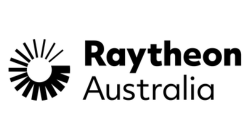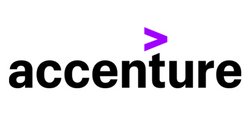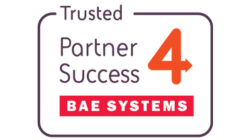Indigenous Development & Employment Program (IDEP)
The Indigenous Development Employment Program (IDEP) is a three-year program built to close the gap for Aboriginal & Torres Strait Islander people through social and economic empowerment.
The IDEP is inspired by military leadership and management training. Delivered by experienced veterans and Indigenous professionals, the IDEP will ensure emerging leaders reach their potential and lead your organisation into the future.
IDEP VISION
To be a national leader and agent for change by empowering First Nations peoples to lead for progression of culture and community.
IDEP MISSION
To close the Indigenous employment gap by accelerating career pathways for emerging leaders through enriching leadership skills with training and mentoring.
IDEP VALUES
In the IDEP you’ll gain the knowledge and skills that will benefit your whole career
The IDEP consists of the following:
- Four Workshops per year (virtual & in person)
- Access to high performing Indigenous leaders, Defence Veterans and Community Elders
- Fortnightly one-on-one mentoring provided by culturally competent Indigenous mentors
- Tailored 3-5 year professional and personal development plans
- Access to a nation-wide Indigenous network
- Professional development allowance
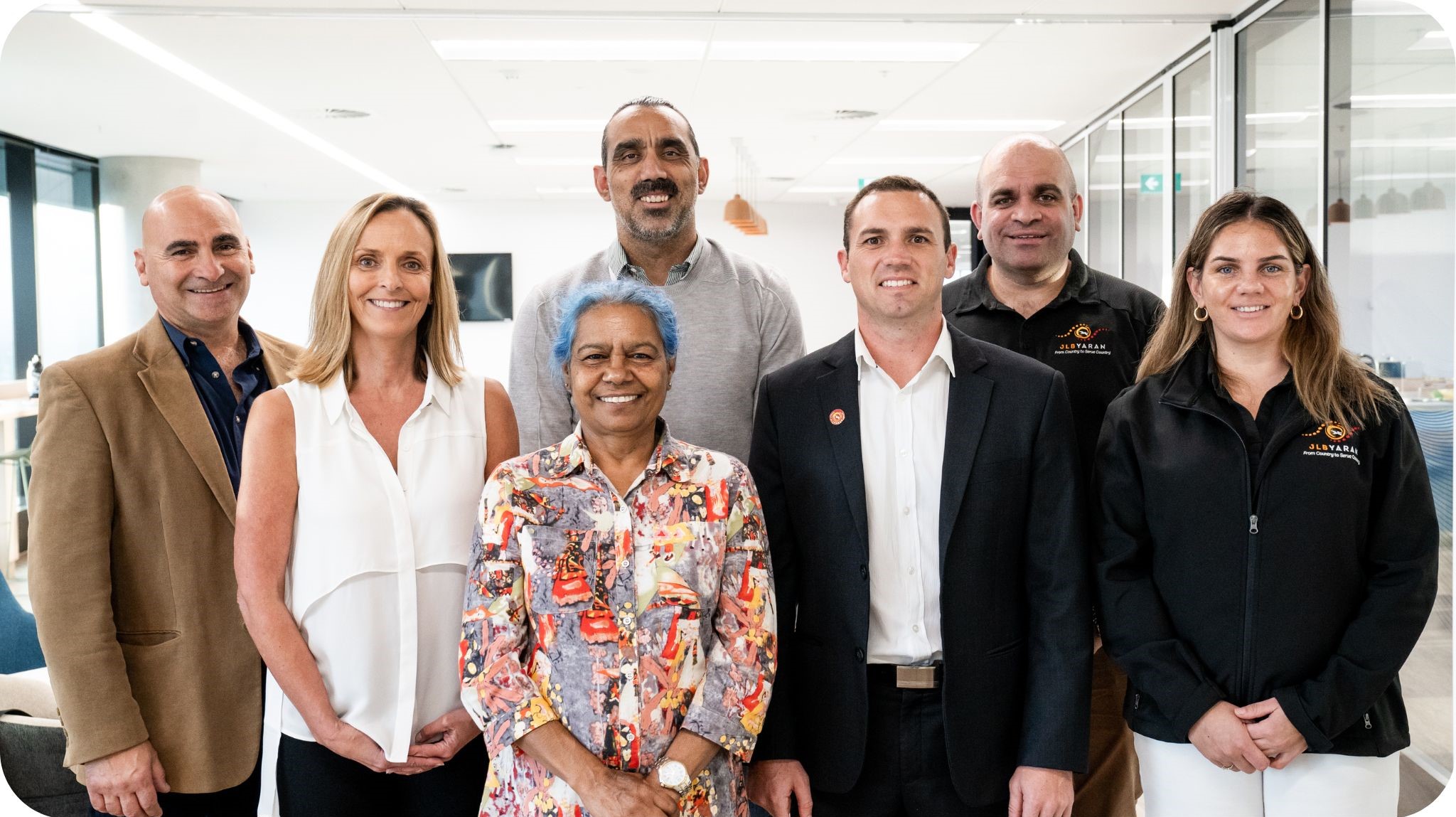
The IDEP is tailored to the individual needs of the participants based on their experience and capabilities
The IDEP addresses four core modules:
Communication
Communication is the foundation of what we do whether it’s in the workplace, at home or in social settings. IDEP covers numerous core communication modules including writing, oral presentations and interpersonal communication lessons. At the conclusion of IDEP you will leave having the confidence to speak in public, provide a range of structured written documents and confidence to deliver your message to your leadership team.
Leadership and Teamwork
Our IDEP mentors, instructors and guest speakers have a broad experience in leadership and team focussed environments. They are on hand to guide and teach you how to lead and manage a small team. Key lessons will begin by learning about teamwork and how to be a high functioning team member. You will leave IDEP being able to evaluate an individual’s performance, mentor your team members and identify and display emotional intelligence.
Personal Development
No matter what stage of your life or career we recognise that personal development never stops. IDEPs personal development lessons have been designed to provide the necessary tools to maintain personal improvement throughout your lives. Lessons begin with recognising who we are, where we have come from and the value of diversity in the workplace. We also focus on how to create medium term professional plans so you know how to set achievable goals. Once you have mastered the power of personal development, we will teach you how to professionally develop and support your team in the workplace.
Critical Thinking
Critical thinking is one of the final steps to becoming a highly effective employee, leader and mentor. You will be challenged to think critically to solve workplace issues and provide considered recommendations to your superiors.
Information for Managers & Supervisors
As the manager/supervisor of a participant undertaking the program, you are encouraged to take an interest in your team member’s development and understand commitment and engagement that will be required of your team member over a three-year period.
Your involvement in this program will include:
- Reviewing and agreeing to career development plans,
- Approving study leave arrangements,
- Attending check ins (as coordinated by the participant), and
- Providing encouragement and support to your team member as needed.
Study leave should be discussed and agreed to in consultation with the participant to support them in undertaking the capability activities identified in their career development plan.
The above will enable you to support your team member as they balance work, professional development, and personal commitments.
If you have any questions, require support, or would like to further discuss the requirements of the program, please contact idep@jyaustralia.com.au
Helpful tips for Managers
- Create clear boundaries between work, development, and personal commitments.
- Gain a clear understanding of the commitment required of your staff member to undertake the program.
- Gain a clear understanding of travel requirements for interstate participants.
- Consider time commitment impacts for part time staff.
- Check in with staff member throughout the program.
- Consider staffing changes and if your staff member was to move teams be open to providing new managers with a short brief on how you have been managing the process to date.
- Touch base with other Managers for support if needed.
- Reach out to the JLB-Yaran IDEP team if needed.
Information for the Prospective Participant
The IDEP is curated to enable you to develop not only professionally but personally. Giving you the tools and guidance to build on your leadership and management skills. The intention of this is to give you a more competitive edge in your next promotion or job opportunity.
The IDEP does not just finish when the program days are over. We have established a mentoring program which enables ongoing support and guidance for First Nations people, by First Nations people. Creating a network built to last.
Frequently Asked Questions - IDEP
- Who can apply? Indigenous Government and non-Government employees.
- How do I apply? Government employees can apply by contacting workforcecapability@niaa.gov.au. Non-Government employees can apply by contacting idep@jyaustralia.com.au
- How much does it cost? There are a number of factors associated with the cost of the program. Contact idep@jyaustralia.com.au for a tailored quote.
- Do I have to complete all three years of the program? Yes, the program is designed to build knowledge, skills and attitudes over a three-year period.
- What if I drop out half way through? Can I pick it back up? Yes, compassionate and compelling circumstances will be assessed on an individual basis.
- Are there any exams or assessments? There are no formal exams or assessments. However, there are a number of informal assessment activities that are used to challenge the participants and provide feedback to help the participant reach their goals.
- Once I leave are there any more commitments? There are no mandatory commitments post IDEP. That said, there are opportunities to stay connected to your classmates via the IDEP Alumni. Additionally, there are opportunities to guest present during IDEP workshops and you may also apply to become an IDEP mentor.
- How much support do I get through the program? You will have the utmost support during the program. You will have around the clock access to your mentor and IDEP staff.
- What level of education will be required prior to joining? No pre-requisite education is required to partake in the IDEP.
Frequently Asked Questions - Mentoring Program
- Are Mentoring sessions held in person or online? The Mentoring program can be held in person or virtually meaning using all reasonable communications channels.
- How long does the program run for? The Mentoring program runs for three years which is aligned to the duration of the IDEP.
- How long should each Mentoring session be? We recommend that each Mentoring session is approximately 30 minutes however it really depends on how often you have agreed to meet (we recommend once every 2-4 weeks). The anticipated time commitment per cycle (2-4 weeks) will be approximately 1 hour for Mentees and Mentors which factors in 30 minutes of meeting preparation.
- Who should make contact to book in our first Mentoring session? It is the Mentor’s responsibility to make contact and book in a time for the first Mentoring session.
- What should we discuss in our first Mentoring session? The first Mentoring session should focus on building trust and respect. Get to know the expectations and experience offered to each other. Share some of your Posting Map experiences and ask questions of your Mentor to understand a little more about their aspirations, challenges, and reality.
- What should I do if I need to reschedule my Mentoring session? We recommend that sessions be booked ahead of time and that these be confirmed a week ahead to limit the need to reschedule or cancel sessions. Where possible make every effort to honour your Mentoring commitments. Should something unavoidable or urgent come up, be proactive in getting in contact with your Mentee/Mentor immediately.
- Should the Mentor talk to a Mentee’s Supervisor? This Mentoring program does not replace any Management System. Whilst the Mentoring relationships may in the usual course of conversations explore areas of career and professional growth, it is important to be mindful of reporting relationships and other sensitivities.
- Should the Mentee set goals as part of the IDEP program? It is strongly recommended that the Mentee establish development goals at the beginning of the Mentoring relationship to provide focus and manage expectations. We recommend a developmental ‘Goal Setting’ approach. In general, goals should be revisited on a monthly or quarterly basis.
- What sort of contact should be maintained outside the formal Mentoring sessions? Regular informal contact in between sessions such as quick phone call or email is a powerful way of building trust in a relationship and can facilitate quality conversation during the formal element of the program. A large part of the success of a Mentoring relationship lies in the trust that builds up over time and it is important for both the Mentor and the Mentee to be proactive in developing this.
- Are the Mentoring conversations confidential? Absolutely. Confidentiality, personal respect and trust are the cornerstones of the Mentor relationship. Should either party feel that it is the Mentee’s best interests to advocate on their behalf, we recommend you discuss this action and agree on this beforehand.
- What should we do if there is a problem or breakdown in the relationship? As part of the first meeting, we recommend that you agree on what will happen in the event of a problem or relationship breakdown. While all efforts will be made to ensure that Mentees are matched with a suitable Mentor based on the information provided by the Mentor and the Mentee, the Indigenous Program team cannot guarantee that the resulting match will align perfectly. If a participant is unhappy with the behaviour of their Mentor/Mentee and feels that it does not meet the standards outlined in this document, they should contact idep@jyaustralia.com.au and we will do our best to rectify the situation. All feedback provided to JY Australia will be kept confidential and not be passed to other parties without the individual’s consent
Frequently Asked Questions - For The Mentee
- What do I do if my Mentor does not return my email or phone calls? It is important to understand that your Mentor may have substantial time pressures and other obligations at particular times. If you are unable to contact your Mentor, please contact JY Australia Indigenous Programs staff via email idep@jyaustralia.com.au.
- How much time should I spend preparing for the meeting with my Mentor? We would recommend you spend between 30 minutes preparing key points for discussion and any questions you may have. Remember you will get far more benefit out of the conversation if you enter the discussion with clear intentions or outcomes as opposed to it being a casual and unplanned chat. Whilst this can still be useful, remember your Mentor’s time is precious so leverage the opportunities you have.
- What should I talk about with my Mentor? Your Mentor has substantial value and experience to contribute. Take time to reflect on your program goals and the value your Mentor could add. Ask yourself “what is the one thing that I could gain clarity on today that would move me forward?” Discuss this with your Mentor.
- What should I do to make the most out of the program? The best Mentoring relationships are built on trust. Be proactive in managing the relationship and show your Mentor that you respect their time and advice by showing up on time and prepared. Having clear goals at the outset of the program and using these to drive the Mentoring conversations will make it easier for your Mentor to provide value.
- What does my Mentor get out of the Mentoring relationship? Mentoring is a profoundly satisfying experience for most people. The role of a Mentor offers ongoing professional development for the Mentor together with the satisfying experience of making a significant contribution to another’s development and success. Listening to your Mentor, taking action on the advice and giving feedback on progress made is one way you can show your Mentor the impact your relationship is having.
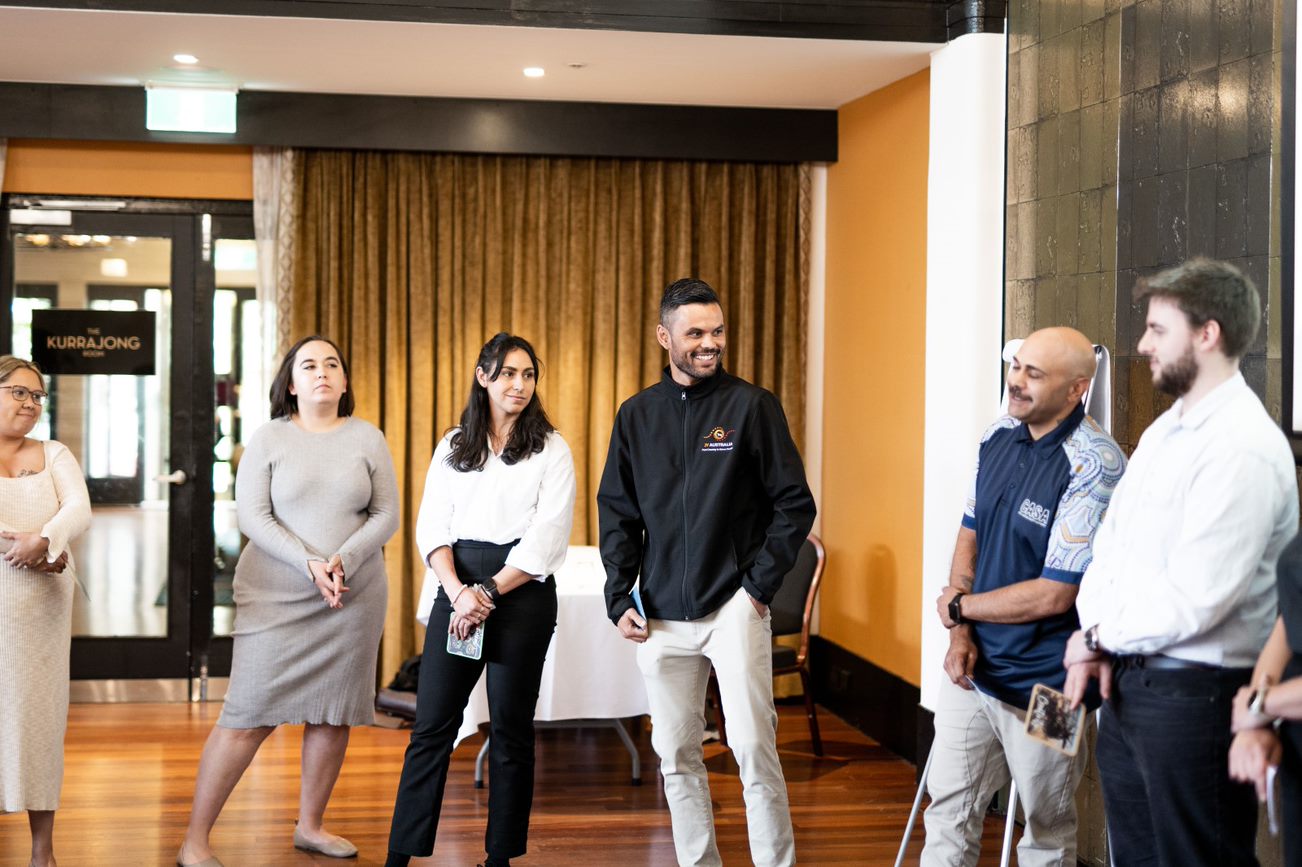
Are you an IDEP Participant?
Looking for access to our IDEP Resource Hub? To access our IDEP resources you will need to have your password ready and visit the IDEP Participant Resource Hub.
Indigenous Programs Team
-
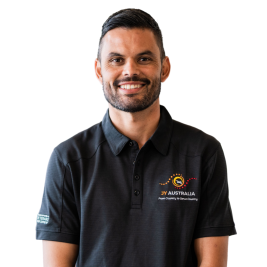
Shane Wallace
Head of Training Systems
-
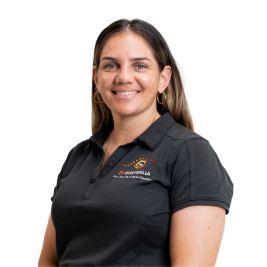
Rhiannon Busch
General Manager - Indigenous Programs
-

Leanne Bristow
Operations Officer - Indigenous Programs
-
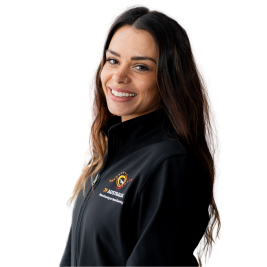
Kate Weber
Head of Leadership Training Division & Indigenous Mentor
Mentors
-

Kerrie Howard
IDEP Mentor
-
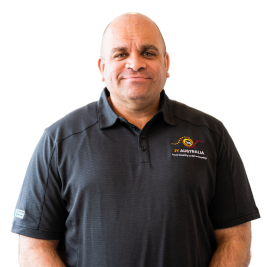
Owen Brady
IDEP Mentor
-
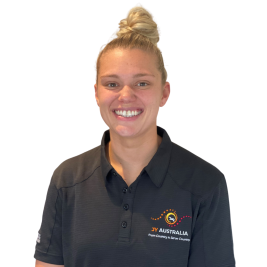
Danica Pedersen
IDEP Mentor
-
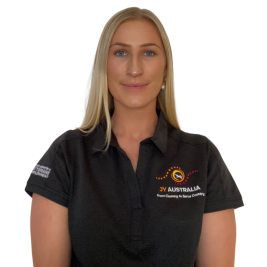
Tehlara Lovett
IDEP Mentor
-
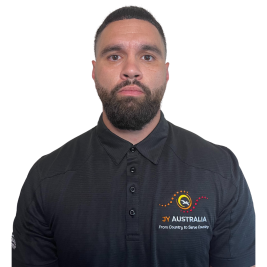
Murray Hall
IDEP Mentor
-
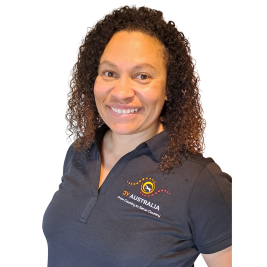
Fasheena Young
IDEP Mentor
For further information please contact us
Proud Affiliations



